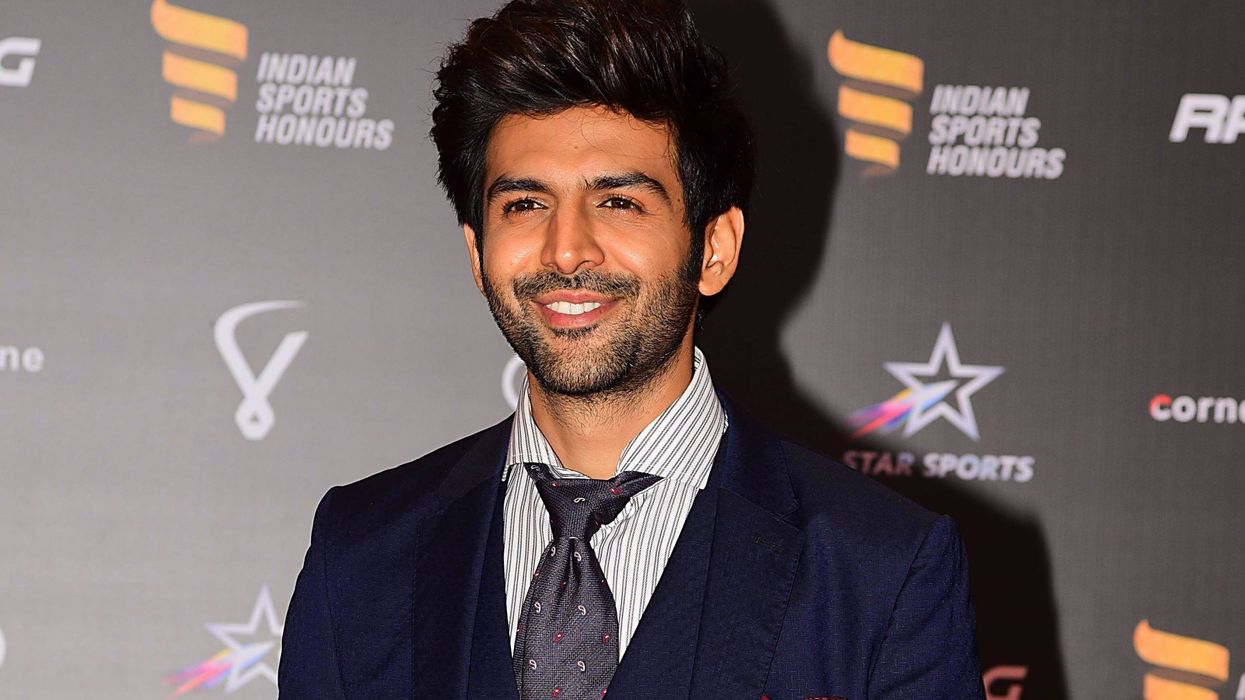By: Mohnish Singh
Dharma Productions on Friday evening announced in a tweet that actor Kartik Aaryan, who had been cast to play the male lead in one of their much-awaited ventures Dostana 2, has been dropped and is not associated with the film anymore. The official announcement comes after media reports flooded the internet that the actor was ousted from the project due to his unprofessional behaviour.
Dostana 2, which is the sequel to Dharma Productions’ much-loved comic-caper Dostana (2008), was officially announced in 2019 but its shoot kept getting delayed due to the ongoing coronavirus pandemic. The film also stars Janhvi Kapoor and debutant Laksh in lead roles.
The reason stated behind the firing is a fallout between Karan Johar and the actor. Along with the creative differences, it has also been reported that Janhvi Kapoor and Aaryan have had a fallout too.
Once Bollywood resumed production after several months of the coronavirus-induced lockdown in 2020, Aaryan said that he did not have dates to restart the film’s shoot. Later on, the actor started having creative issues with the makers.
Reports suggest that Kartik Aaryan has been shown the exit door for dilly-dallying the shoot for months now. He decided to prioritise Ram Madhvani's Dhamaka and that did not go down well with Karan Johar.
“For the longest time, Kartik gave a genuine reason of the Covid-19 pandemic to not start the shoot. He wanted to ensure safety so Karan did not push him much. But when he shot for Dhamaka, Karan was upset. They had an indoor meeting where Karan expressed his disappointment,” a source informed a publication.
The source goes on to add, “Kartik got upset with the banner when they gave Shashank Khaitan's Yoddha to Shahid Kapoor. Although Shahid soon quit, they never approached Kartik for the role anyway. Also, since Kartik’s dates were not available for Dostana 2, Karan decided to go ahead and start Mr. Lele with Vicky Kaushal and Janhvi Kapoor from April. The moment Kartik got to know about this development, he informed the production house that the only dates available for Dostana 2 this year will be April onwards. Karan understood what Kartik was doing and quickly reprimanded him for the same. He was genuinely upset with Kartik as Janhvi had to pick between Dostana 2 and Mr. Lele. The last we heard, Karan and Kartik are not speaking a word to each other."
Another source tells the publication, “The reason for Kartik Aaryan to not continue with the film as stated by him is the creative differences after one and a half years and completing over 20 days of the shoot. This has never happened in the history of Dharma where an actor has walked out of the film for creative issues. Dharma has decided not to work with him in the future.”
Stay tuned to Eastern Eye for more updates and reveals from the world of entertainment.




